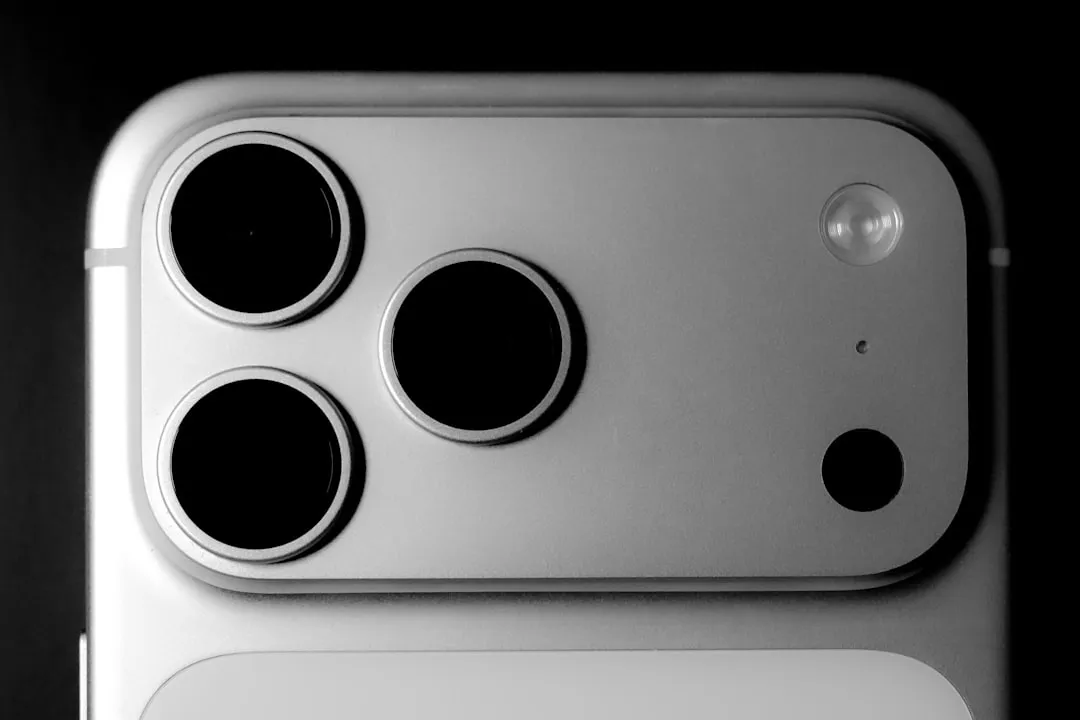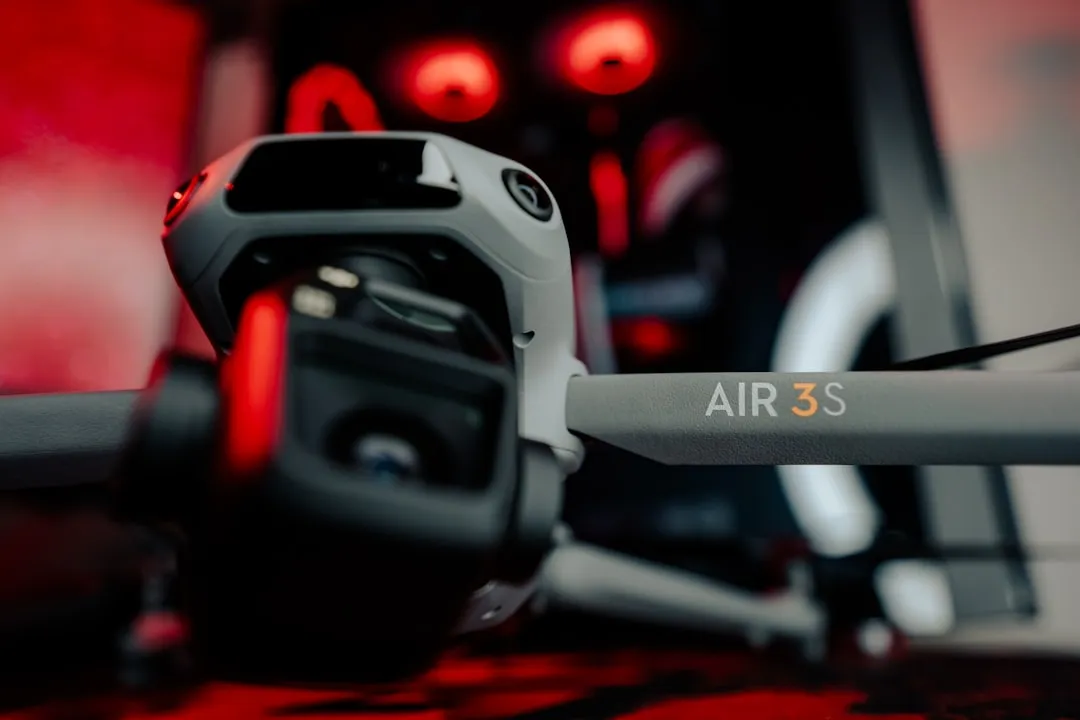There's no shortage of augmented reality platforms for remote video assistance, but startup Streem is looking to give its offering a leg up with an infusion of new technology.
This week, Streem announced that it has acquired Selerio, a computer vision startup with technology that enables occlusion and object recognition for AR apps.
Terms of the deal were not revealed, but, according to GeekWire, Streem, which raised $6.8 million in funding in Dec. 2018, counts more than 20 employees on its payroll. The company previously announced a funding round of $1.7 million in Dec. 2017.
Portland-based Streem's video conferencing platform uses computer vision and machine learning to enable remote experts to annotate the user's camera view and guide them through installation or troubleshooting of home appliances.
Meanwhile, Selerio's technology constructs real-time meshes of visible environments via connected cameras. With these meshes, apps equipped with Selerio can apply occlusion to AR scenes and identify objects within the camera view. The company released the SDK for its platform in Dec. 2018.
"With this first exciting milestone behind us, we had a new goal for the next step: accelerating the deployment of our technology in a way that would best empower AR consumers," said Ghislain Fouodji, co-founder and CEO of Selerio, in a blog post. "One fellow AR company, Streem, caught our attention with one of the most practical, palpable, use of mixed reality. In light of this, we decided to make a strategic move and join forces."
Streem and Selerio are both graduates of the Visioncamp accelerator, which was organized by BetaWorks (which counts NR30 member Peter Rojas among its leadership), along with GGV Capital and Greycroft's GC VR Gaming Tracking Fund and concluded in April 2018.
"Having known them for a while, we look forward to this massive move in the AR space. What happens when you bring together proprietary AI/Vision deep tech and an enterprise AR application that solves real-world problems? A win for the future of spatial computing," said Fouodji.
Streem and Selerio come from fairly crowded categories, with Scope AR, Re'flekt and Atheer offering remote video support platforms and AR cloud providers like Niantic and 6D.ai, and Ubiquity offering occlusion, while ARKit 2.0 supports object recognition. However, the combination of the two technologies could trump the competitors in either category.
- Follow Next Reality on Facebook, Twitter, Instagram, YouTube, and Flipboard
- Sign up for Next Reality's daily, weekly, or monthly newsletters
- Follow WonderHowTo on Facebook, Twitter, Pinterest, and Flipboard
Cover image via Selerio/YouTube



























Comments
Be the first, drop a comment!